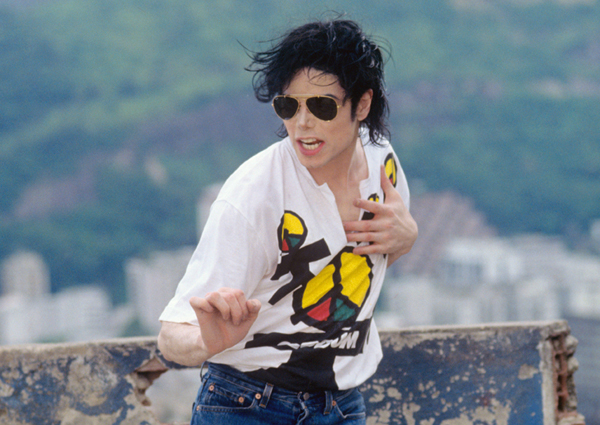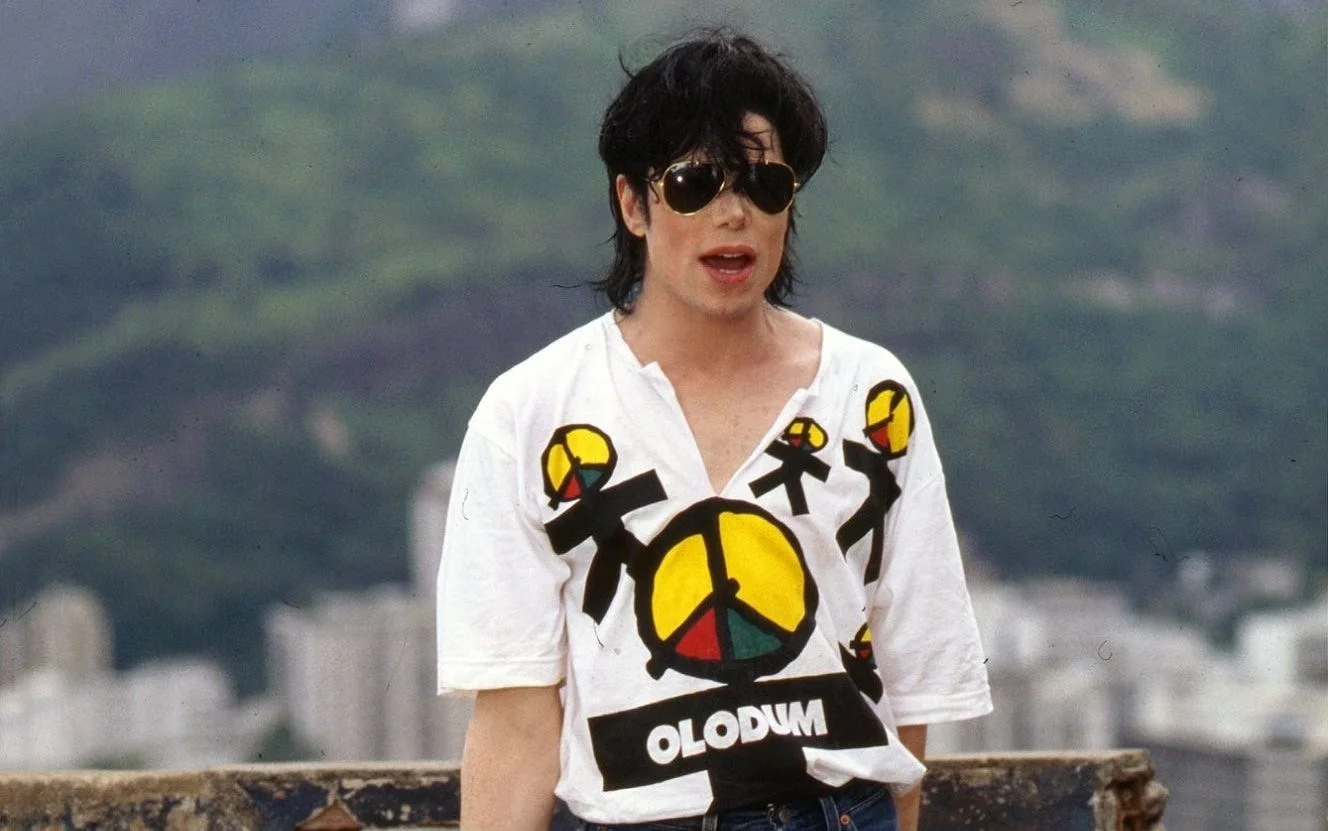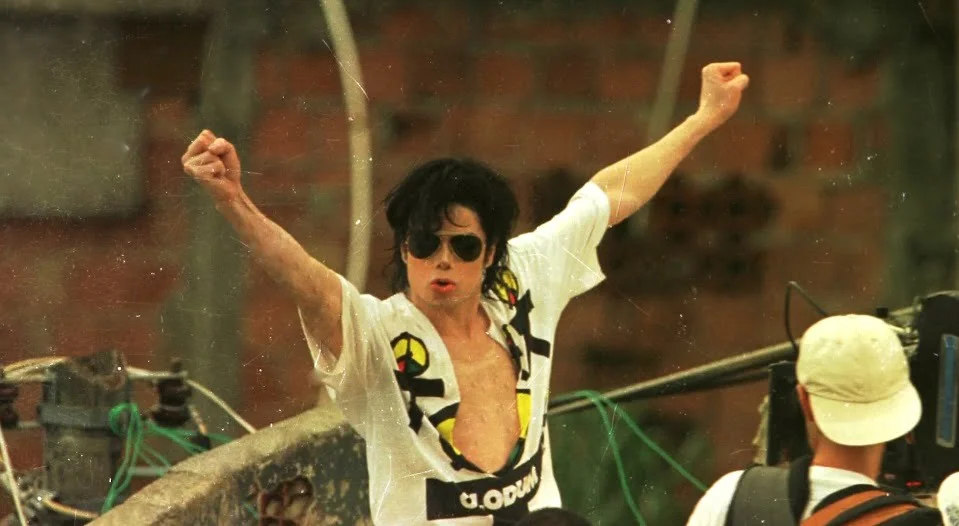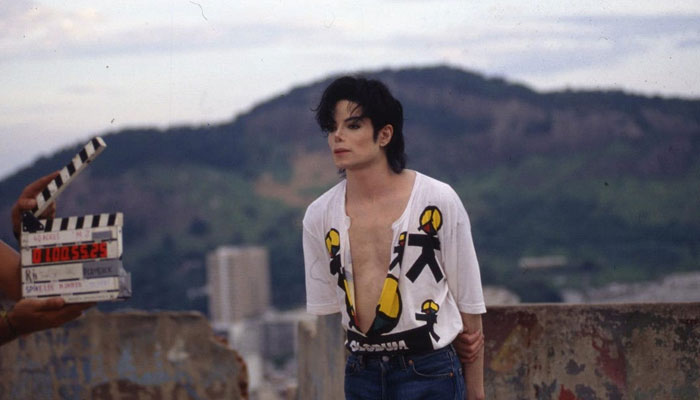“They Don’t Care About Us” – Michael Jackson’s

Released in 1995 as a single from his album HIStory: Past, Present and Future, Book I, Michael Jackson’s “They Don’t Care About Us” stands out as a provocative and powerful social commentary. Known for his groundbreaking music videos and socially conscious lyrics, Jackson uses this track to address issues of inequality, injustice, and systemic oppression. The song’s direct critique of social and political issues, combined with its compelling musical and visual elements, cements its place as one of Jackson’s most impactful works.
Musically, “They Don’t Care About Us” features a driving beat and a mix of rhythms that blend elements of rock, dance, and world music. The song’s production, spearheaded by Jackson and his frequent collaborator, producer Teddy Riley, is characterized by its aggressive percussion and rhythmic intensity. The prominent use of drums and a heavy bassline creates a sense of urgency and forcefulness, reflecting the song’s confrontational and passionate tone. Jackson’s vocal performance is equally dynamic, with a delivery that ranges from fierce and assertive in the verses to anthemic and pleading in the chorus.

Lyrically, “They Don’t Care About Us” is a scathing critique of social and political indifference toward marginalized communities. The lyrics address various forms of systemic oppression and discrimination, highlighting issues such as police brutality, racial injustice, and economic inequality. Lines like “All I wanna say is that they don’t really care about us” and “Beat me, hate me, you can never break me” capture a sense of frustration and defiance against those in power who perpetuate these injustices. The song’s refrain, with its repeated assertion of neglect and disregard, underscores the theme of disenfranchisement.

The music videos for “They Don’t Care About Us” further amplify the song’s message. There are two notable versions: one filmed in a prison setting and another in a Brazilian favela. The prison video, directed by Spike Lee, depicts scenes of inmates enduring harsh conditions, highlighting issues of human rights and systemic abuse within the criminal justice system. The favela video features powerful imagery of poverty and social disparity, bringing attention to the struggles of marginalized communities in Brazil. Both versions serve to visually reinforce the song’s themes and make a strong statement about social injustice.
Upon its release, “They Don’t Care About Us” generated significant controversy due to its blunt and unfiltered criticism of societal issues. Some of the lyrics were criticized for containing language that was seen as inflammatory or divisive. Despite this, the song also received praise for its boldness and its willingness to tackle difficult subjects. Michael Jackson defended the song, emphasizing its role in raising awareness and provoking thought about important social issues.

The impact of “They Don’t Care About Us” extends beyond its initial release. The song has been embraced as an anthem for social justice, and its themes remain relevant in contemporary discussions about inequality and human rights. Its message of resistance and the call for social change continue to resonate with new generations of listeners, and the song is frequently referenced in discussions about music’s role in activism and social commentary.

In conclusion, Michael Jackson’s “They Don’t Care About Us” is a significant and powerful piece of social commentary that uses music and visual media to address issues of injustice and inequality. With its compelling blend of musical intensity, evocative lyrics, and impactful visuals, the song remains a relevant and influential work that challenges listeners to confront and address systemic problems in society. Its legacy as an anthem of resistance and its continued relevance underscore Michael Jackson’s role as an artist committed to using his platform for social change.











